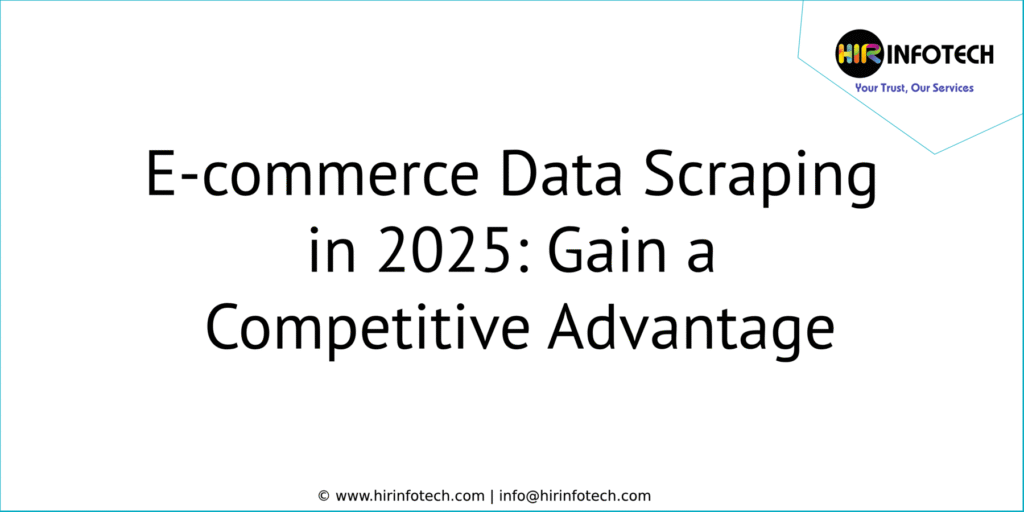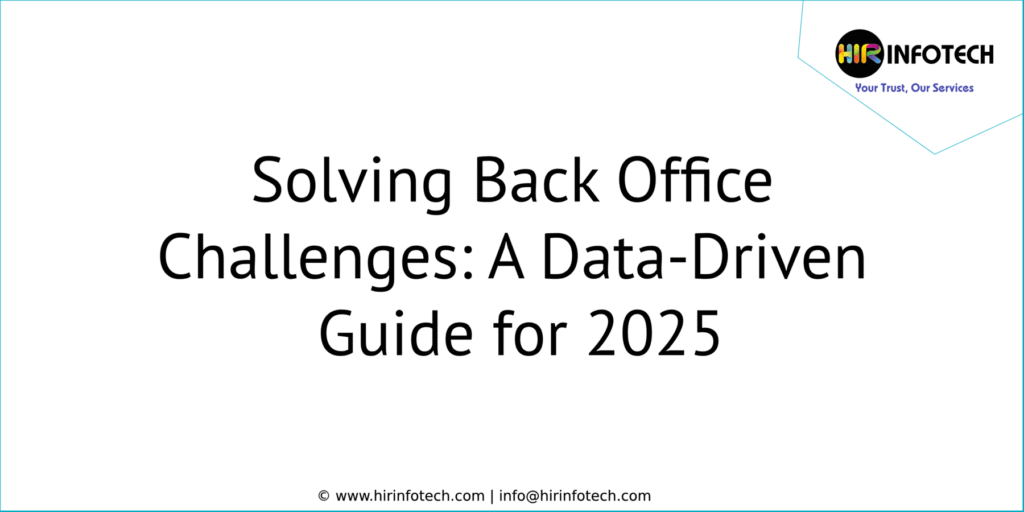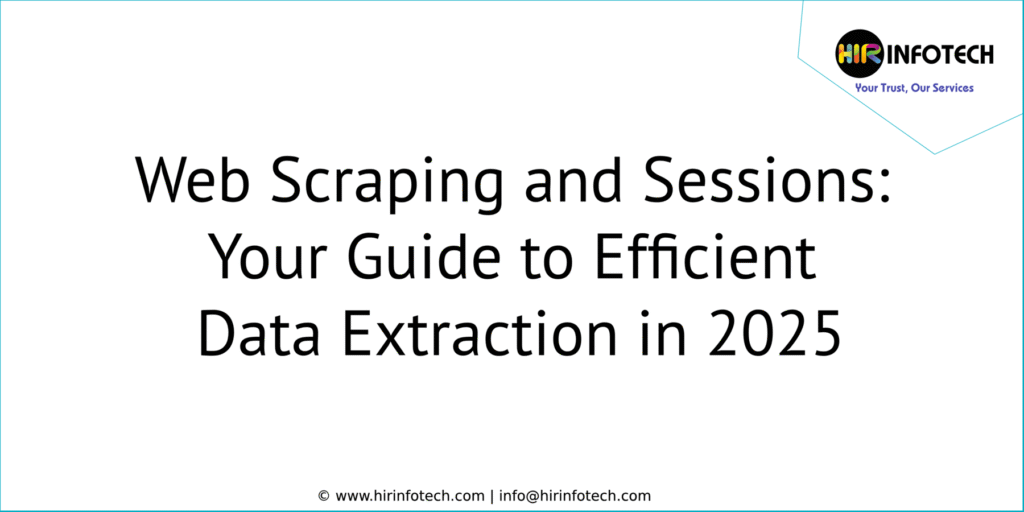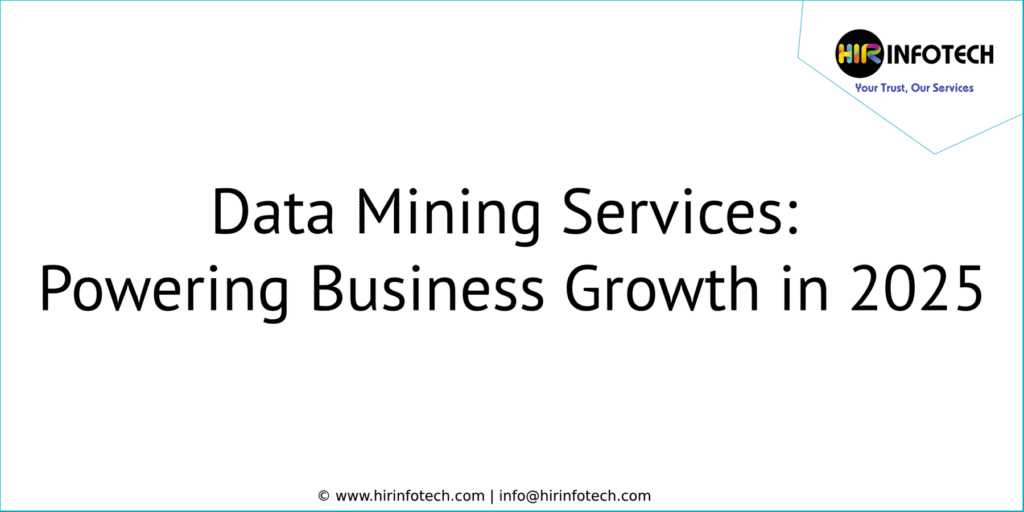
Introduction
Data is king in today’s fast-moving e-commerce world. Web scraping is a powerful tool. It helps you gather this vital information. This guide explains how data scraping can boost your business in 2025.
What is E-commerce Data Scraping?
Think of e-commerce data scraping as a digital detective. It uses automated tools. These tools collect data from websites and apps. This data gives you valuable business insights.
Why is E-commerce Data Scraping Important?
- Market Research: Understand what customers are doing. Discover new trends.
- Pricing Intelligence: Track competitor prices. Set your own prices strategically.
- Product Assortment: Offer products that are in demand.
- SEO Optimization: Rank higher in search engine results.
- Competitive Analysis: Learn about your competitors’ strategies.
Methods for Scraping E-commerce Websites
There are different ways to scrape data:
- Manual Scraping: Copying data by hand. This is slow and not practical for large amounts of data.
- Custom Scrapers: Building your own tools. This requires technical skills.
- Pre-built Scrapers: Ready-to-use tools for specific sites (like Amazon).
- Web Scraping APIs: Accessing data in a structured way through APIs.
- Web Scraping Services: Hiring experts to collect data for you. Hir Infotech offers these services.
How E-commerce Web Scraping Works
- Request: Your scraper asks for a specific web page.
- HTML Code: The website sends back the page’s code.
- Data Extraction: The scraper pulls out the data you need.
- Data Formatting: The data is organized into a useful format (like CSV or JSON).
Benefits and Use Cases
- Price Comparison: keep an eye on your competitor’s price.
- Price Comparison: Stay competitive with your pricing.
- Demand Forecasting: Predict what products will be popular.
- SEO Enhancement: Improve your website’s visibility.
- Product Assortment: Offer the right products.
- Competitor Analysis: Know your competition’s strengths and weaknesses.
- Customer Review Analysis: Understand what customers think.
- Personalized Marketing: Create targeted marketing campaigns.
Choosing the Right E-commerce Web Scraping Service
Choosing a good service provider is crucial. Consider these points:
- Data Accuracy: Make sure the data is correct and current.
- Scalability: The service should handle your data needs.
- Ethics and Legality: Choose a provider that follows ethical and legal practices.
- Pricing: Find a service that fits your budget.
- Customer Support: Look for good support.
- Data Delivery: Get the data in a format you can use.
Ethical and Legal Considerations
- Terms of Service: Always follow website rules.
- Data Privacy: Protect user data carefully.
- Rate Limiting: Don’t send too many requests to a website.
- Legal Compliance: Follow data privacy laws (like GDPR, CCPA).
Best Practices for E-commerce Web Scraping
- Respect robots.txt: This file shows which parts of a site you shouldn’t scrape.
- Be Polite: Don’t overload website servers.
- Use a User-Agent: Identify your scraper to the website.
- Rotate IP Addresses: Use proxies to avoid being blocked.
- Set Random Delays: Make your scraper act like a human.
- Monitor Website Changes: Update your scraper if the website changes.
Data Quality and Validation
- Clean and Format Data: Make sure the data is consistent.
- Validate Data: Check the data for accuracy.
Frequently Asked Questions (FAQs)
- Is e-commerce web scraping legal?
- Scraping public data is usually legal. Always respect website terms and privacy laws.
- How often can I scrape data?
- It depends on the website and your needs. Avoid overloading servers.
- What data formats are available?
- Common formats are CSV, Excel, JSON, and databases.
- Can I scrape data from any e-commerce website?
- Not all websites allow scraping. Check their terms of service.
- How much does e-commerce web scraping cost?
- The cost varies based on complexity and data volume.
- What are proxies, and why are they important?
- Proxies hide your IP address. They improve privacy and help avoid blocks.
- How to scrape data from different websites?
- Use custom scraping, Hire a service provider.
- How can I ensure data quality?
- Use data validation and cleaning processes.
Ready to use the power of e-commerce data? Contact Hir Infotech today for expert data solutions! We can help you collect the data you need ethically and efficiently.



